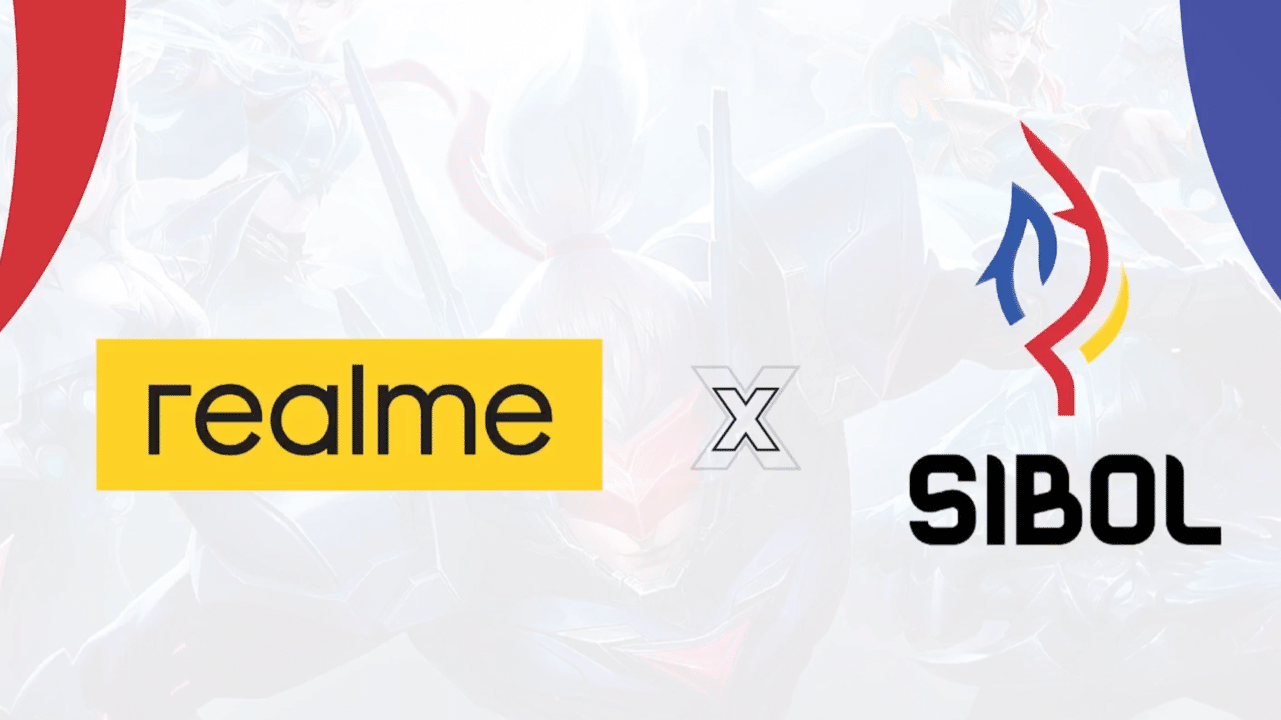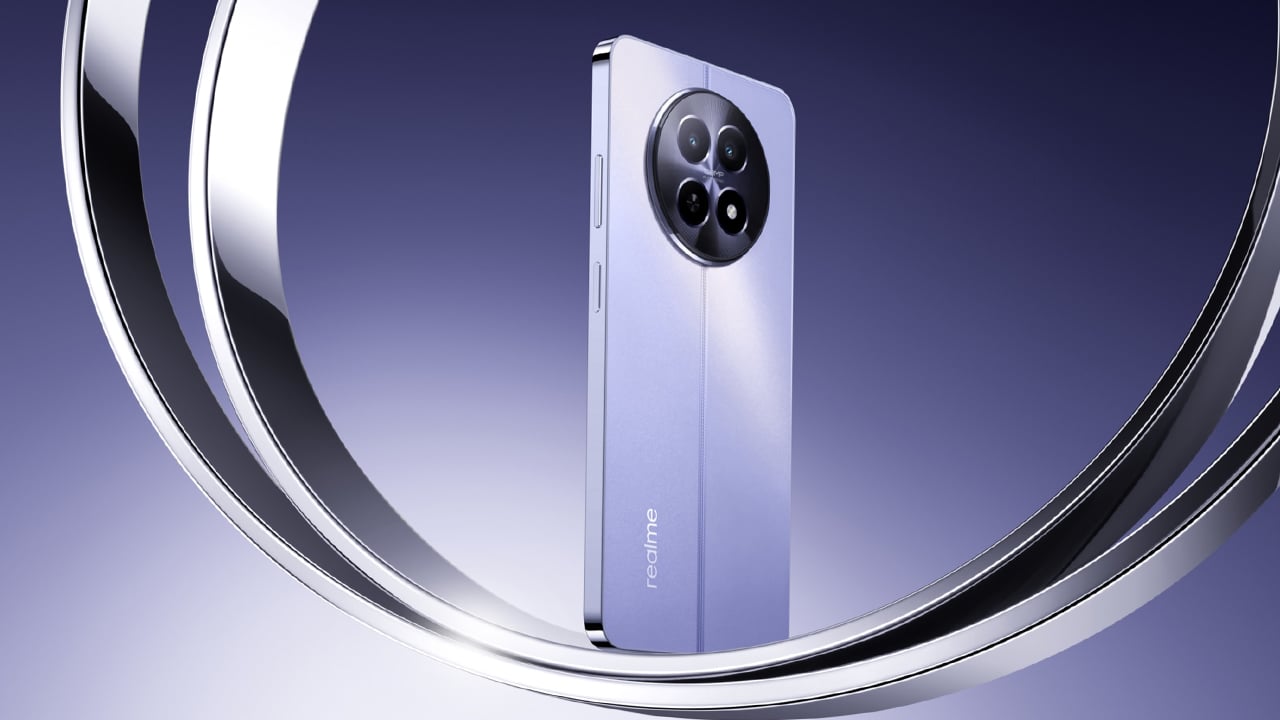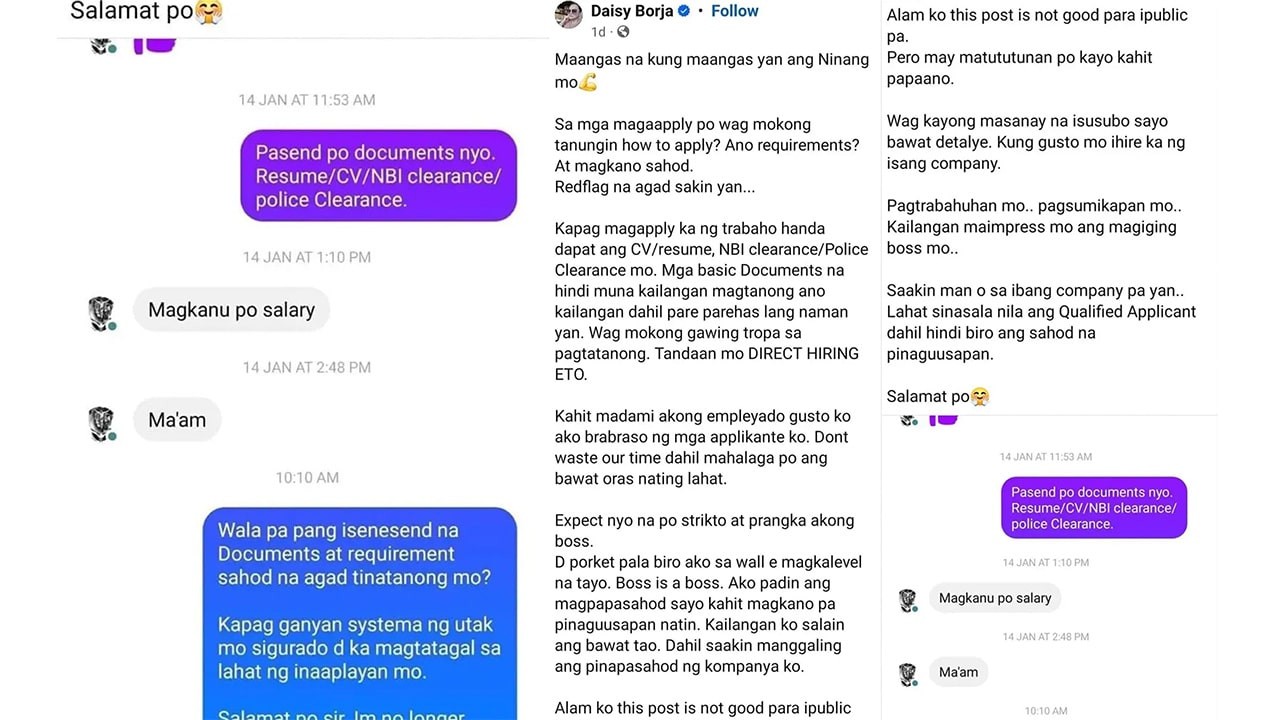realme continues to empower Filipino gamers and rally the esports community with a variety of gaming partnerships and initiatives the Squad can look forward to this year.
During the recently concluded realme Brand Summit earlier this month, the leading tech brand gave its eager fans a glimpse of what’s to come in the esports scene with announcements of key partnerships and exciting tournaments in the pipeline for 2022.

“Here at realme, we see the importance of mobile gaming and esports in the lifestyles of Filipinos. It is truly inspiring to witness how passionate our Squad is when it comes to gaming, and we hope to provide them with the best platforms, opportunities, and tech devices they need to further hone this craft,” shares Austine Huang, realme Philippines’ VP for Marketing.
In line with its commitment to support Filipino pro-gamers, realme partnered with SIBOL, the country’s national esports team, as its official smartphone partner. The brand assures it will be giving its full support to the team as they face gamers from around the world on the international esports stage this year.
“I’m ecstatic that realme became our official smartphone partner for Team SIBOL 2022. They have been known to assist and help develop esports at the grassroots level for many years now. We are happy to have them on board as we look forward to repeating our great performance in the last 2019 SEA Games,” shares Brian Lim, Team SIBOL President.
Through this partnership, realme will be supporting the national esports team with its latest gaming smartphones. “This will help our national team focus more on their strategies and gameplay mechanics as we are confident that their equipment for training is already topnotch,” says Lim.

As part of its gaming initiatives this year, the brand’s multi-awarded Mobile Legends tournament, the realme Mobile Legends Cup (RMC), will be making a comeback with its sixth installment happening in March. With this fresh new season comes a new set of surprises to look forward to, including the biggest prize pool in RMC history.
The tournament is open to all teams who are not competing or are currently not part of MPL Season 9. Interested applicants can register at https://bit.ly/RMCSeason6Register until March 4. Weekly live streams will commence later that month.
Aside from RMC Season 6, the Squad can also look forward to its spin-off tournaments: RMC Campus Invasion, and its first-ever regional tournament in key cities nationwide, RMC Regional Wars, both happening this year.
“We are thankful to the Filipino gaming community for their unwavering support and we look forward to being with you again through our incredible initiatives lined up this year,” shares Huang.
To know more about realme’s latest updates, follow the realme PH Facebook page at http://facebook.com/realmePhilippines or visit the official realme website at https://www.realme.com/ph/.













